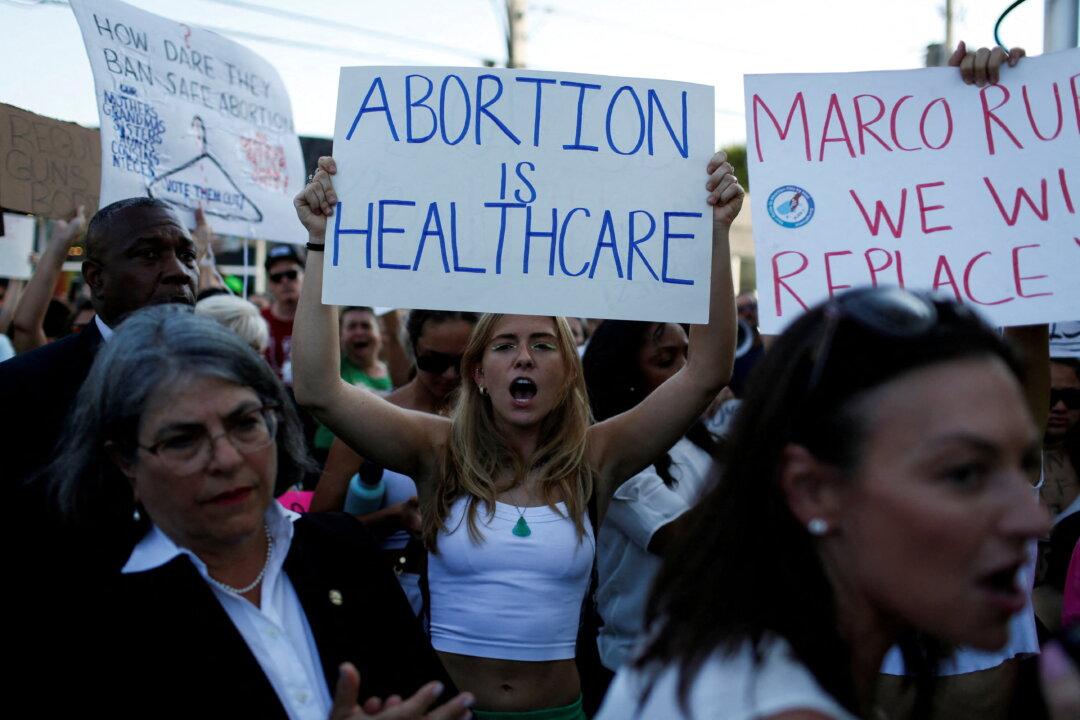Pro-life advocates are warning that the wording of a proposed abortion amendment to Florida’s Constitution is crafted to “trick” voters into supporting the measure.
The amendment was drafted by and petitioned for by Floridians Protecting Freedom (FPF), a statewide alliance of pro-abortion organizations working to limit government regulations on abortion. After winning approval from the Florida Supreme Court, the amendment will appear on Florida’s ballot in November.





